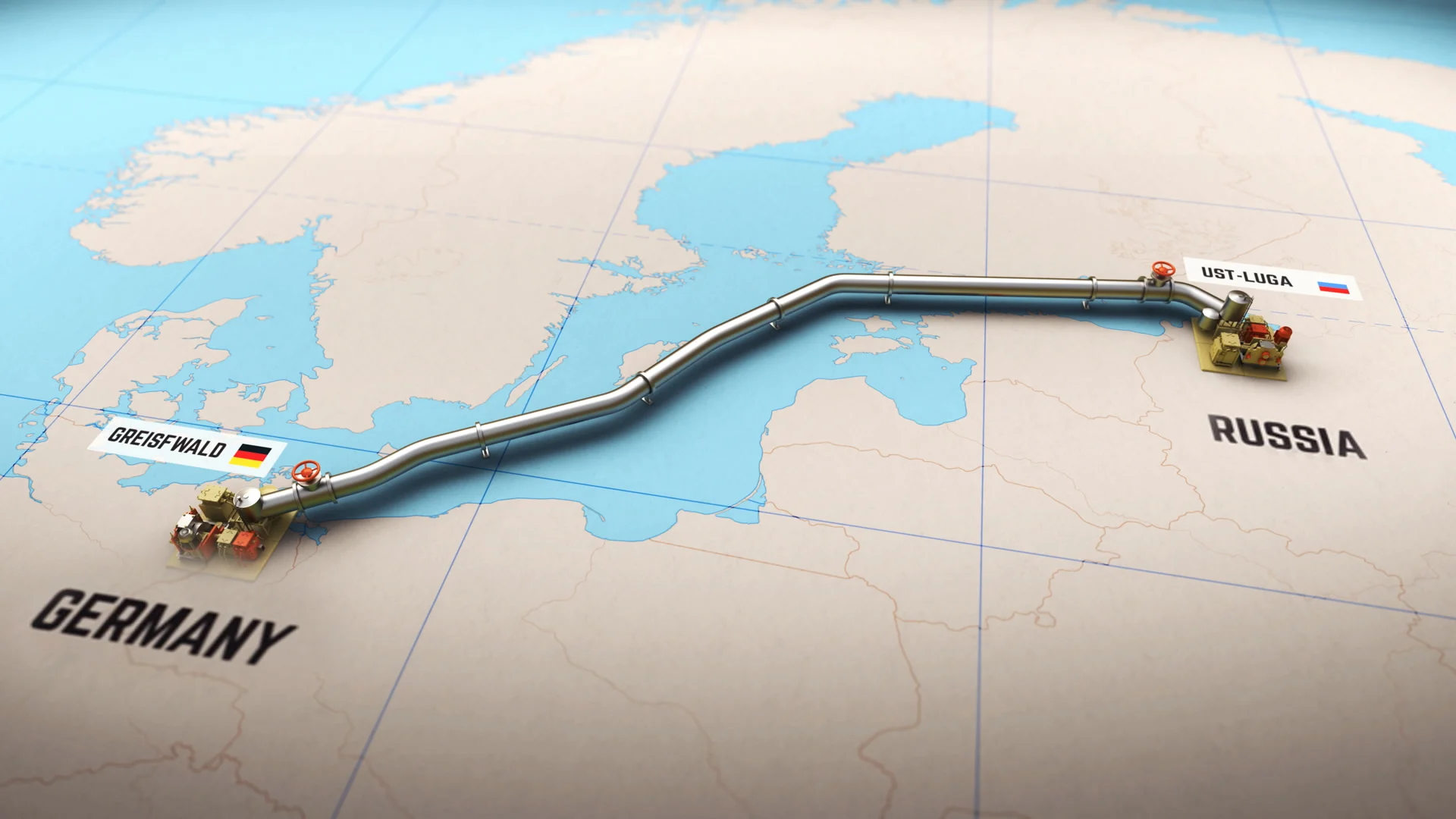
How the war in Ukraine is impacting gas prices and climate plans
The war in Ukraine is threatening to undo international targets to curb fossil fuels, some analysts warn.
The war has led to spiking oil and gas prices across the world, in part due to the U.S. ban on Russian oil, prompting many consumers to rein in their driving while fuel costs remain high, thereby reducing emissions.
But nations seeking strategic control and a way to manage the skyrocketing prices could “neglect or knee-cap policies to cut fossil fuel use,” according to UN Secretary General António Guterres.
“As major economies pursue an ‘all-of-the-above’ strategy to replace Russian fossil fuels, short-term measures might create long-term fossil fuel dependence and close the window to 1.5°C,” Guterres stated at a sustainability conference this past week.
Some in the oil and gas sector also see this as a moment for financial gain.
“In a number of countries, the fossil fuel industry has seen this as an opportunity to make profitable investments in new supply,” Greg Muttitt, senior energy adviser with the International Institute for Sustainable Development (IISD), told The Weather Network (TWN).
“While people are suffering in Ukraine, these calls feel rather cynical,” Muttitt added. “In any case, most new supplies would take years to bring online: the fastest way to ease the crunch in energy markets is to reduce demand.”

A Ukrainian serviceman helps evacuees gathered under a destroyed bridge, as they flee the city of Irpin, northwest of Kyiv, on March 7, 2022. (AFP/ Getty Images)
The importance of curbing production of oil and gas is emphasized in a new report commissioned by the IISD, which found that the deadline to do so is sooner than expected if we are to keep global temperature rise to no more than 1.5°C.
Taking into account the differing economic positions of wealthy and poorer nations, the analysis proposes dual timelines for curbing oil and gas production, finding that wealthy nations must slash output 74 per cent by 2030.
The report, authored by leading climate scientist Professor Kevin Anderson, a researcher at the Tyndale Centre for Climate Change Research, warns that such significant cuts are essential.
Staying below a rise of 2°C, the analysis had found, will require “much more urgent cuts in emissions than any government is considering … and the rapid and complete phaseout of all fossil fuel production.”
“The research was completed prior to Russia’s invasion of Ukraine. Our first thoughts are with the Ukrainian people and indeed with all of those caught up in the war,” stated Anderson. “But the rocketing oil and gas prices only serve to strengthen the case we make in our report.”

Anti-war demonstrators and Ukrainians living in the U.S. protesting against Russia's military operation in Ukraine in Lafayette Park on February 24, 2022 in Washington, DC. Russian President Vladimir Putin launched a full-scale invasion of Ukraine on February 24th. (Anna Moneymaker/ Getty Images)
As has become increasingly clear over the past two weeks, the record-high energy prices and many of the geopolitical obstacles governments face can be tied to a global overdependence on oil.
“We're witnessing a conflict here where the instability of being overly dependent on fossil fuels is being exposed,” Catherine Abreu, executive director of Destination Zero, told TWN. “And societies that are overly dependent on those fossil fuels are at more risk.”
“And so why would we be talking about increasing our production of fossil fuels?” Abreu added.
Despite recent gains that have analysts forecasting renewables to be the single largest source of electricity production in the next few years, and international agreements to drastically curb coal, oil, and gas production, fossil fuels currently account for upwards of 80 per cent of total global energy consumption.
“I think we're learning this lesson that energy systems, energy security, means resilient energy systems, and resilient energy systems are systems that rely on a variety of sources, not just one,” stated Abreu.
Yet some poorer nations are so dependent on fossil fuels that, according to the report, “rapidly removing this income could threaten their political stability.”
This is the basis for the recommended duel-tiered timeline. Wealthy countries, including Canada, the U.S., the UK, Norway, and the United Arab Emirates (UAE), account for 35 per cent of oil and gas supply, and are called on to quickly curb production.
Poorer nations, like Iraq, Libya, and Angola, are given until 2050 to end oil and gas production. Producers of just over 10 per cent of global oil and gas, these countries will also need massive financial support to eventuate the transition.
Nations like China and Brazil fall in the middle of the continuum, accounting for 11 per cent of global oil and gas production, with a recommended date to cease processing of 2043.
The vacuum opened by this drop in production offers an opportunity to invest in the transition to renewable energy sources, be it in the form of electrical vehicles (EVs) or in solar, wind, nuclear, and other non-carbon energy sources for domestic and industrial energy uses, with the report calling for a “just transition.”
“An equitable transition will require substantial levels of financial assistance for poorer producers, so they can meet their development needs while they switch to low-carbon economies and deal with growing climate impacts,” stated Dr. Dan Calverley, the report’s co-author.
But the war poses another serious complication, as if the matter weren’t complicated enough. Both Russia and Ukraine are important suppliers of key metals used in the manufacture of many renewable technologies, including solar panels, wind turbines, and the batteries for electric vehicles.
A hit to this supply would further threaten the energy transition.
“Had we spent the last twenty years establishing an efficient and sensible use of energy alongside a massive roll-out of renewables, we would not now be scrabbling around for alternative oil and gas supplies and facing the impacts of volatile prices,” stated Anderson.
“Now is exactly the time we should be planning for a renewable twenty-first century rather than reliving the oil-based twentieth,” Anderson added.






